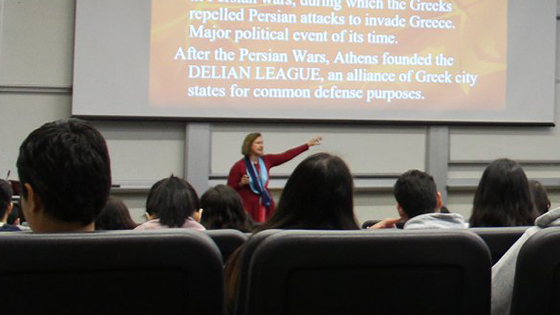Spotlight Archive
Mark Kaufman's feature includes quotes from the UCI Center for Medical Humanities Director, Dr. Jim Lee.
Click here for more informationA Message from the Executive Committee
Click here for more informationThe Executive Committee of the Center for Medical Humanities encourages the UCI and broader Orange County community to approach the current coronavirus outbreak with compassion and unity. The committee urges people to refrain from racially-inflected discourse surrounding the outbreak of coronavirus in their efforts to combat this infection.
Click here for more informationThere is no sugarcoating the fact that we are living in extraordinary and extraordinarily stressful times. It's important to acknowledge that the COVID-19 global pandemic is resulting in feelings of stress and anxiety for students, faculty and staff at UCI and members of our local community.
Click here for more informationAn Invitation from the Executive Committee
Click here for more informationStories hold us together. This is especially true of our personal and familial stories of illness, which is why it is so important that doctors know how to listen and respond to these narratives. In this lecture, Dr. Shapiro will share how familial illness and physicians' responses shaped her life.
Click here for more informationAn exploration of games and passion points as entries into complex learning by Sam Carter, 4th year PhD candidate in the Visual Studies program at UCI and Jovan Julien, 4th year PhD candidate in Operations Research at Georgia Institute of Technology.
Click here for more informationSTROKE BOOK emerged out of a health crisis in the summer of 2019, and a need to think and feel that crisis through my sexuality, my changing sense of dis/ability, and my experience of time.
Click here for more informationHave you ever felt like the "crazy" person in a relationship? Too "needy," volatile, codependent, or just "different"? What comes to mind when you think of a "healthy relationship"?
Click here for more informationIn the middle of the Cold War, a surprising therapy began to attract the attention of American patients, physicians, and legislators: acupuncture. Having been promoted as a revolutionary treatment in the People's Republic of China, acupuncture became an object of both fascination and disdain in the United States.
Click here for more informationThe relationship between political ideology and cognition has received little attention. In this presentation, we will describe our pioneering investigation into the relationship between cognitive decline and political ideology.
Click here for more informationIn art, we reveal our lives. Our lives include our minds, our bodies, and our access to attention. Using the model of the family tree, this short workshop will help you bring attention to the generations of psychological patterns in your life while also writing creatively around and into them. We will retrieve the present with the past in our families and beyond.
Click here for more informationThe Reflections Project explores literature and performance as a medium for healing by promoting understanding, connection, and awareness.
Click here for more informationKathrin Herrmann is a veterinary expert in animal welfare science, ethics and law. Since 2017, she has worked at the Center for Alternatives to Animal Testing (CAAT) at Johns Hopkins University, USA, where she directs the Beyond Classical Refinement Program. Her work addresses the reproducibility and translatability crises that science is facing.
Click here for more informationIn our final Open in Emergency event of the year, Mimi Khuc returned with Simi Kang, Yanyi, and Shana Haydock to lead us in a workshop to collectively create a new tarot card for the Asian American Tarot that captured our experiences of 2020 and the COVID-19 pandemic. Participants generated ideas to inform the text of this collective card as well as imagery.
Click here for more informationIn this reading and conversation, we will explore the centrality of language in medicine, the interconnectedness between writing and doctoring, and finding a way to live through and even embrace the beauty and terror of being human.
Click here for more informationFrom the majestic peaks of the snow-capped Sierras to the parched valley of Payahuunadu, "the land of flowing water," MANZANAR, DIVERTED: WHEN WATER BECOMES DUST poetically weaves together memories of intergenerational women. Native Americans, Japanese-American WWII incarcerees and environmentalists form an unexpected alliance to defend their land and water from Los Angeles.
Click here for more informationWatch the "Illness as Method" panel featuring Dr. Patrick Anderson, Dr. Mel Chen, Dr. Lochlann Jain, and Dr. Lana Lin. This presentation is part of the Mellon Sawyer "Suffer Well" Seminar Series.
Click here for more informationWatch Dr. Chen's presentation "Swimming the Sea: A Surgeon on Suffering," as part of the Mellon-Sawyer "Suffer Well" Seminar Series.
Click here for more informationWatch Dr. Susan Schweik's presentation of "Disability Studies and the Problem of Suffering" as part of our Mellon-Sawyer "Suffer-Well" Seminar Series.
Click here for more informationProfessor Andromache Karanika bridges the Classics and Medicine in a new course: Classics 10 - Scientific and Specialized Terminology.
Click here for more information





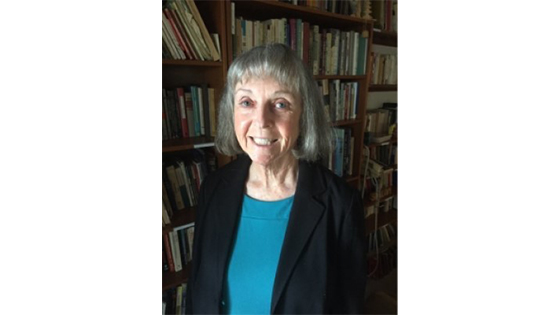
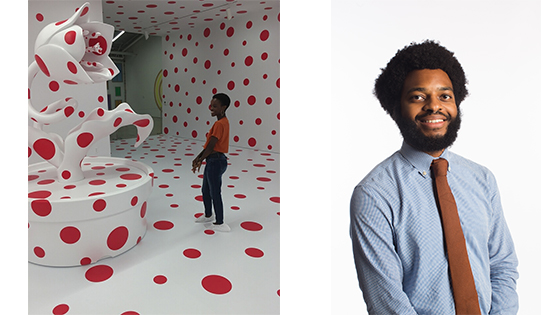
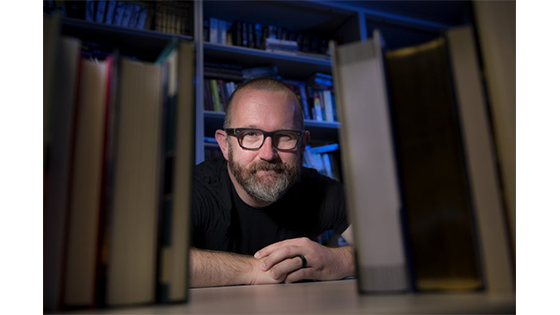
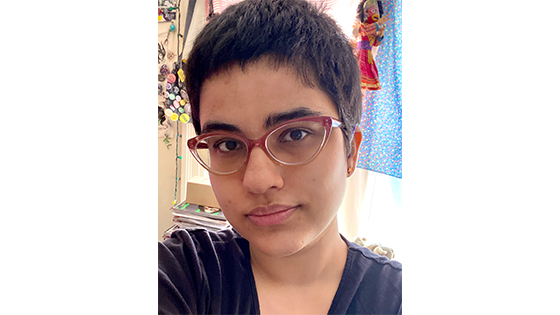
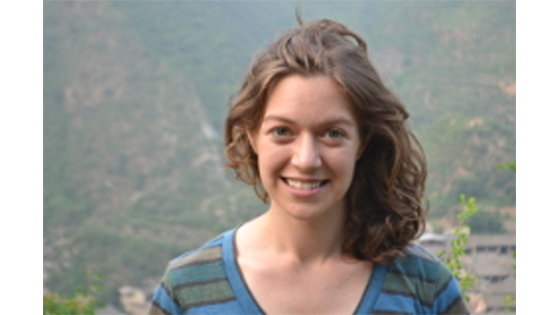
![[WP] Cognition and Political Ideology: A Study of Neuropolitics, by Mark J. Fisher, Davin L. Phoenix, and Sierra Powell](user_files/Fisher-Phoenix-Powell_spotlight.jpg)
![[WP] The Reflections Project: Long Day's Journey Into Night & Addiction, by Ashley Hope](user_files/Ashley-Hope_headshot_spotlight.jpg)
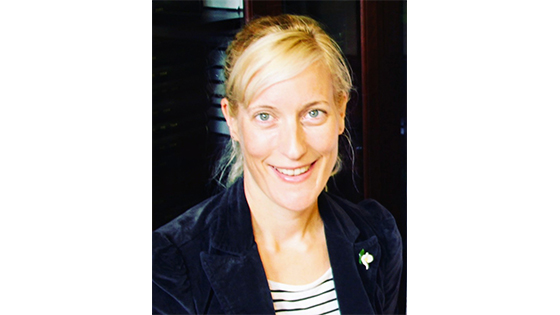
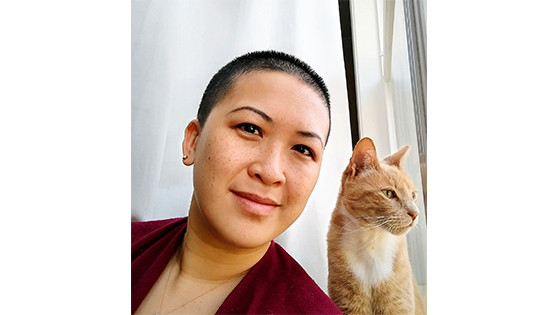
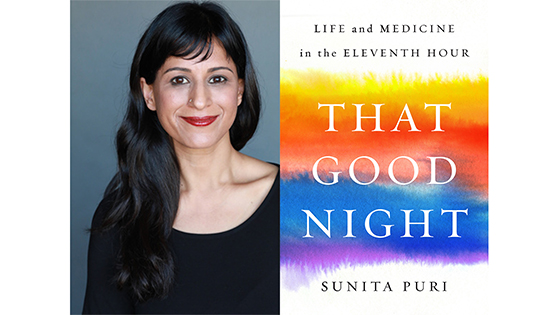
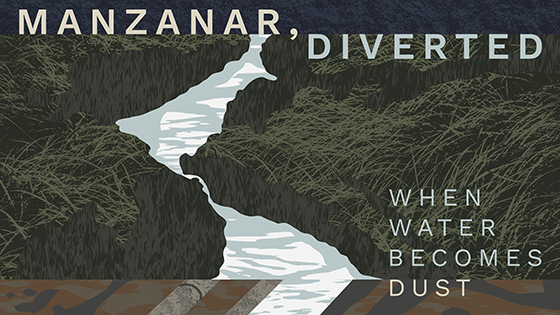
![Illness as Method [Event Video]](user_files/IllnessAsM.jpg)
![Pauline Chen, M.D. on Medicine and Suffering [Event Video]](user_files/Chen_Spotlight.jpg)
![Disability Studies and the Problem of Suffering [Event Video]](user_files/Susan-Schweik_spotlight.jpg)
